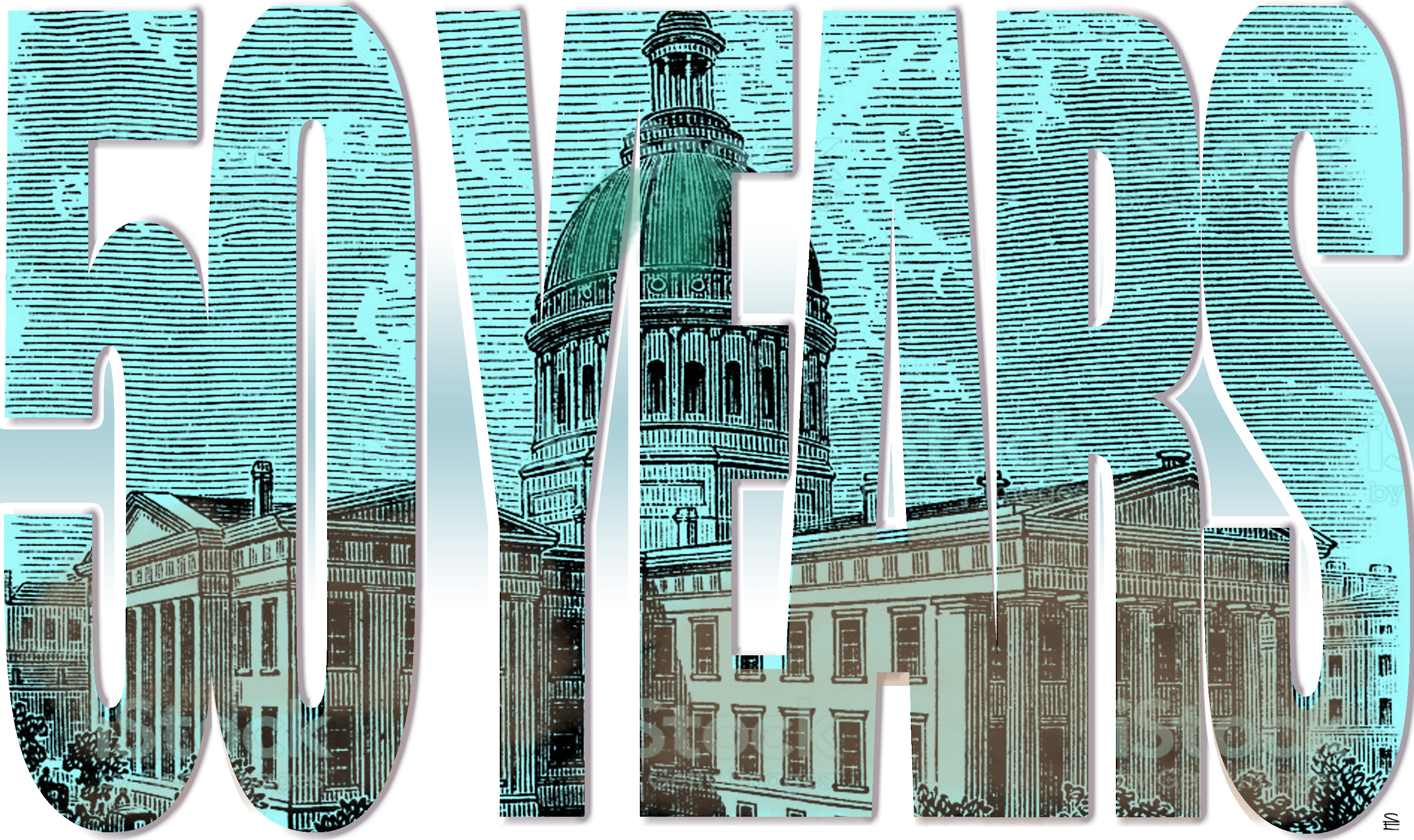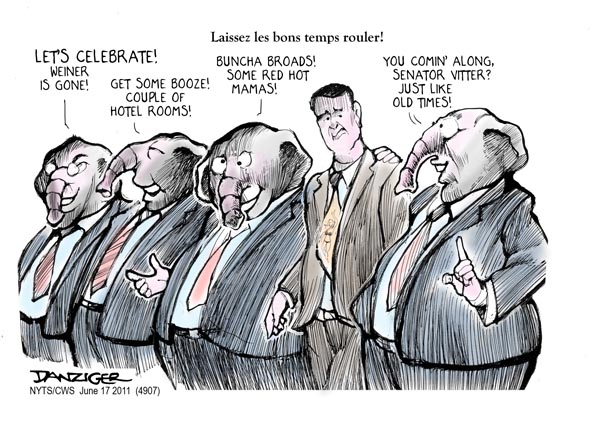Experts: National shield law may not help journalists in big cases
Journalism groups, such as the Society of Professional Journalists, are calling upon reporters and editors to contact members of Congress and to write editorials in favor of a national shield law to allow reporters to protect confidential sources.
But legal experts on both sides of the issue agree that a national shield law probably would not have helped the press in the big national security and criminal cases that have gained public attention, such as the recent subpoena of the phone records of about 100 AP journalists and the investigation of Fox’s James Rosen. The AP investigation began after a story gave away the existence of a double agent tracking al-Qaida’s leading bomb-maker and the Rosen investigation followed his report indicating that U.S. intelligence had a source within North Korea’s leadership.
Under the shield bills that Congress has considered in the past, national security trumps the reporter-source privilege in almost all intelligence cases. Reporters also have the burden of proof in criminal cases, meaning that prosecutors usually will be able to prevail over journalists. It’s only in civil cases that reporters have a leg up with a shield law.
Legal experts say that even with a national shield law, prosecutors could have obtained AP’s and Rosen’s records and forced Judith Miller to spend 85 days in jail for refusing to disclose that I. Lewis “Scooter” Libby was her source in the Valerie Plame case. Even in the seminal case involving confidential sources – the Earl Caldwell case that went to the U.S. Supreme Court – Caldwell, of the New York Times, probably would have had to disclose his sources in the Black Panthers.
Here is a detailed analysis of the Senate bill written when it seemed on the verge of passage in 2009. The bill died after the WikiLeaks disclosures. Now members of Congress, with the support of the Obama administration, are now trying to revive it.


nice…
No one should be surprised the federal government is targeting reporters. Barack Obama, when asked at a Lincoln, Il. campaign appearance for U.S. Senator if he supported a federal shield law for reporters, one endorsed that very day by Sen. Durbin – Obama couldn’t give a yes answer. Said he had to “study” it more. We now know why he didn’t support it.